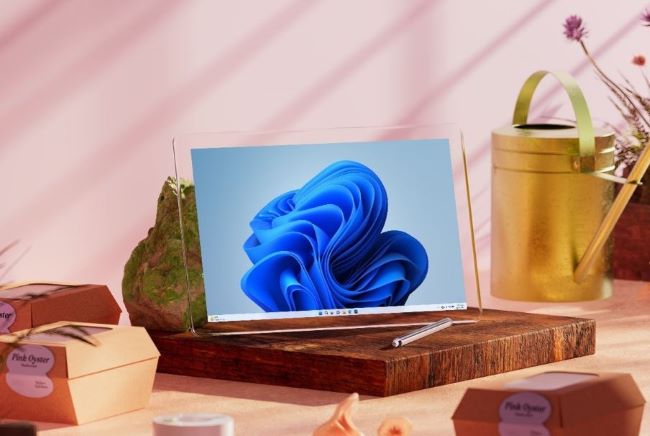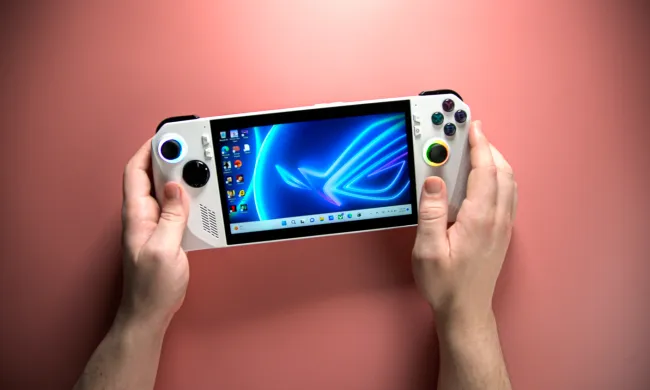Microsoft is testing the ability to allow users to uninstall various preinstalled applications from its operating systems to make way for third-party apps and modern updates of older programs.
The brand recently began rolling out Windows 11 Insider Preview Build 23585, which will allow applicable users to uninstall a range of apps from Windows 10 and Windows 11. Microsoft detailed on its Windows Insider Blog that the Insider Preview Build update will allow users to uninstall the Camera app, Cortana, Photos app, People app, and Remote Desktop (MSTSC) client without needing extra tools.

Notably, as a Windows 11 Insider build update, this is an exclusive rollout for those who have registered as Windows 11 Insiders to test software ahead of it potentially being released to the public. However, this gives an idea of what Microsoft could have in mind for future updates. There’s no guarantee, however, that this will be an actual Windows feature.
Windows Central noted that the Cortana app was depreciated to end-of-life status in August and no longer works on Windows. It would likely be scrubbed from the system in a future update anyway. Microsoft has plans to install its AI assistant Copilot as Cortana’s replacement. There’s a good argument for the ability to manually uninstall features that no longer work rather than having to wait for another update to get rid of them. Microsoft also depreciated the 30-year-old WordPad application in September, which will also remain on devices until it is removed in a future update.
XDA Developers suggested that being able to remove default applications from the system easily will afford users the space to install their preferred third-party apps instead. Last year, Microsoft began to spruce up its app store, first by bringing some of its own applications, such as Microsoft Teams, to the marketplace. Then it made the app store more compatible with third-party developers by ending the waitlist program for Win32 apps in the Microsoft Store.



